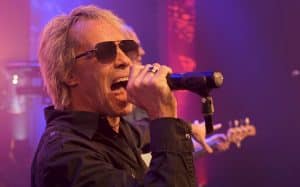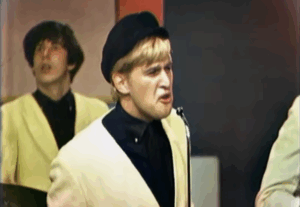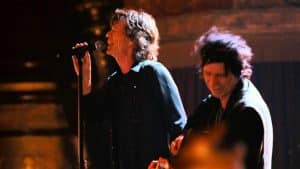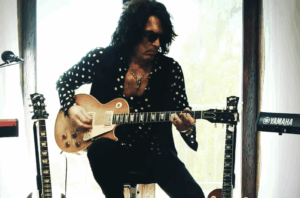3 Legendary Rock Drummers Who Died Before Their Time

via @the_mods_official / Instagram
Rock history is filled with rhythms that still echo long after the sticks have been set down. Behind every driving beat, every explosive fill, and every unforgettable groove is a drummer whose energy shaped the sound of a generation. Yet, some of these artists never got the chance to see their influence fully unfold, leaving fans to wonder what more they could have created.
The loss of a great drummer doesn’t just silence a band—it leaves a gap in the heartbeat of music itself. When that loss comes too soon, the absence is felt even more sharply. Their performances remain etched in recordings, live footage, and the memories of those lucky enough to see them in person, but the promise of future artistry is forever out of reach.
This article looks back at three extraordinary drummers whose careers ended far earlier than they should have. Each left behind a legacy built on talent, passion, and an undeniable command of their craft. Their stories are a reminder of both the brilliance and fragility of life in rock and roll.
Keith Moon
Keith Moon wasn’t just a drummer—he was a spectacle. As the man behind the kit for The Who, his style was explosive, unpredictable, and perfectly suited to the band’s reputation for chaos. Fans came for the music but stayed for the show, whether it was the sonic punch of “My Generation” or Moon’s wild antics on stage. He didn’t just play the drums; he attacked them, turning every performance into an unforgettable event.
But the same energy that fueled his brilliance also fueled his destruction. The relentless pace of touring, the culture of excess, and Moon’s own impulsive nature created a storm he couldn’t escape. Substance abuse became a constant shadow, taking a toll on his health and stability. Despite his talent, the lifestyle was unsustainable.
On September 7, 1978, the storm ended. Moon died at just 32 years old, his career and life cut tragically short. While his absence left a void in rock music, his drumming remains immortalized in recordings and live footage, serving as a reminder of his unique genius—and of how fleeting that genius can be.
John Bonham
John Bonham brought a kind of controlled chaos to Led Zeppelin that few drummers have ever matched. Known for his thunderous power and technical precision, he could shift from delicate, jazz-inspired touches to earth-shaking solos that seemed to defy human limits. Watching him play was like watching a storm unfold—beautiful, powerful, and impossible to ignore.
His performances became the stuff of legend. Bonham could turn a drum solo into a 10-minute epic, mesmerizing audiences with his speed, creativity, and raw energy. On stage, he was untouchable, a driving force that helped make Led Zeppelin one of the most influential rock bands of all time.
Off stage, however, Bonham wrestled with the same demons that haunted many rock icons. Substance abuse, fueled by the pressures of fame and an unforgiving tour schedule, eroded his health. On September 25, 1980, he died at the age of 32, leaving behind a legacy of rhythm and innovation that drummers still strive to match today.
Taylor Hawkins
Taylor Hawkins’ drumming was pure joy in motion. From his early days with Alanis Morissette’s touring band to his decades-long run with the Foo Fighters, he brought a blend of power, precision, and charisma that made him one of modern rock’s most beloved musicians. His energy on stage was infectious, whether he was pounding out an anthem or stepping up to the mic to sing.
Hawkins was more than just a drummer—he was a vital part of the Foo Fighters’ spirit. His chemistry with frontman Dave Grohl and the rest of the band helped define their sound, while his good-natured personality made him a fan favorite. Off stage, he was a friend and collaborator to countless artists across the music industry.
That made his sudden death on March 25, 2022, all the more devastating. At just 50 years old, Hawkins left behind not only a powerful body of work but also a deep sense of loss among his peers and fans. The outpouring of tributes—from massive concerts to personal stories—proved how much he meant to the music world, and how deeply his absence will be felt for years to come.














